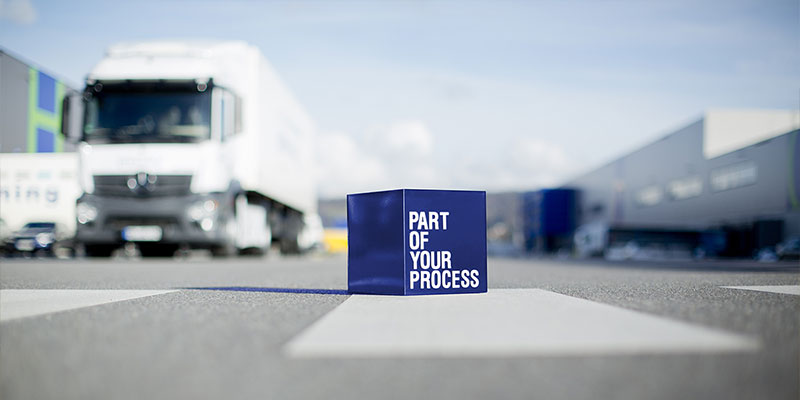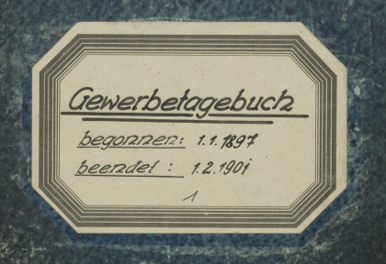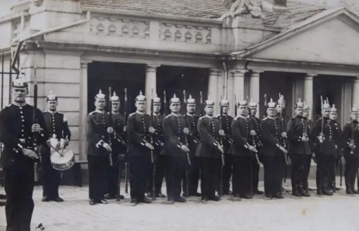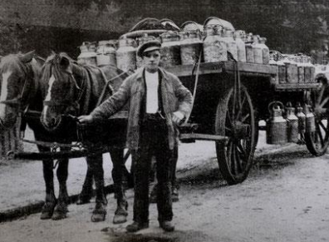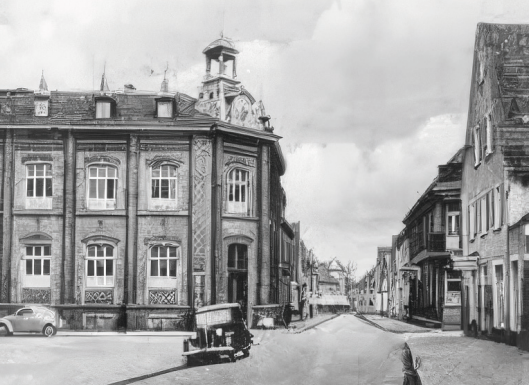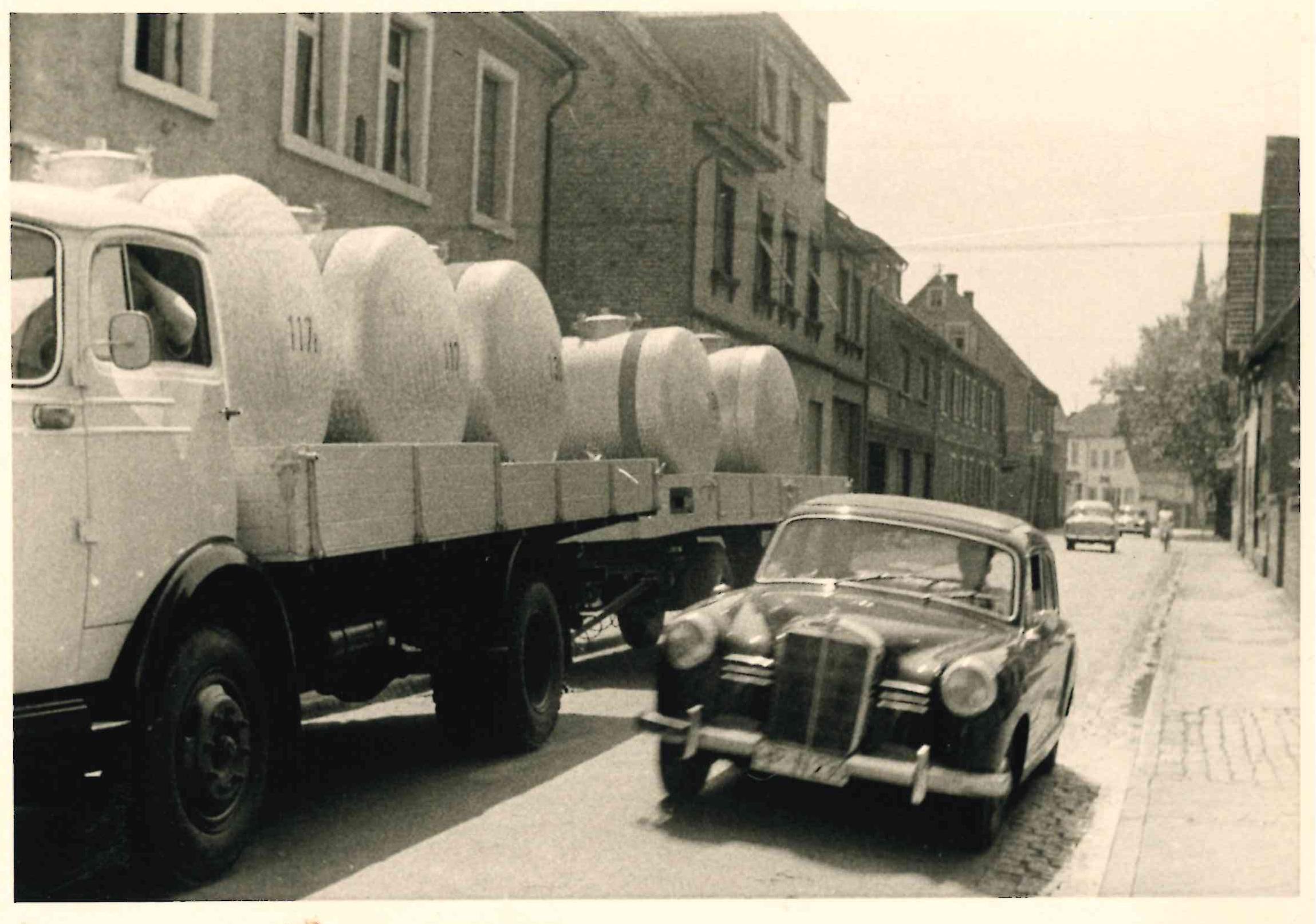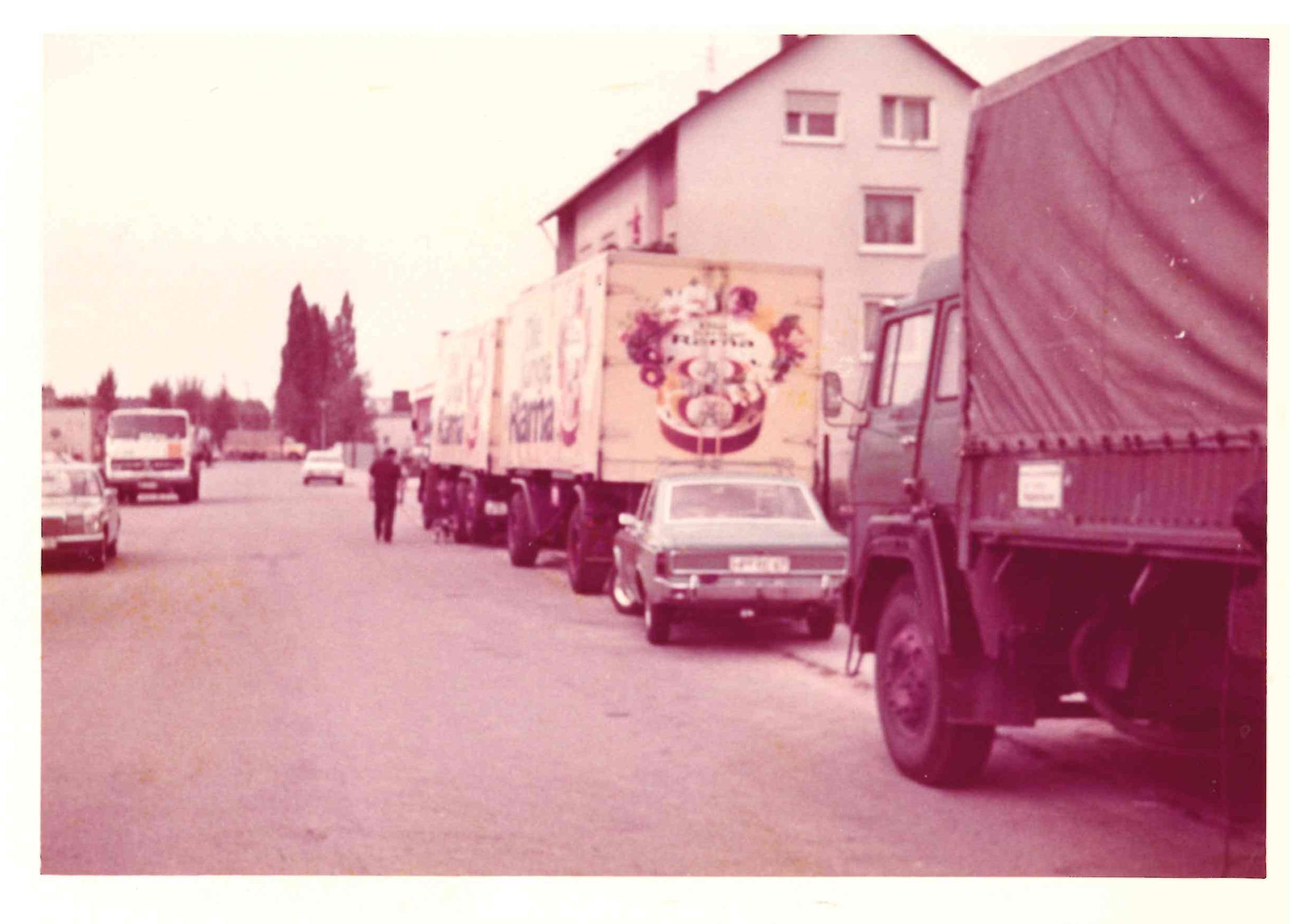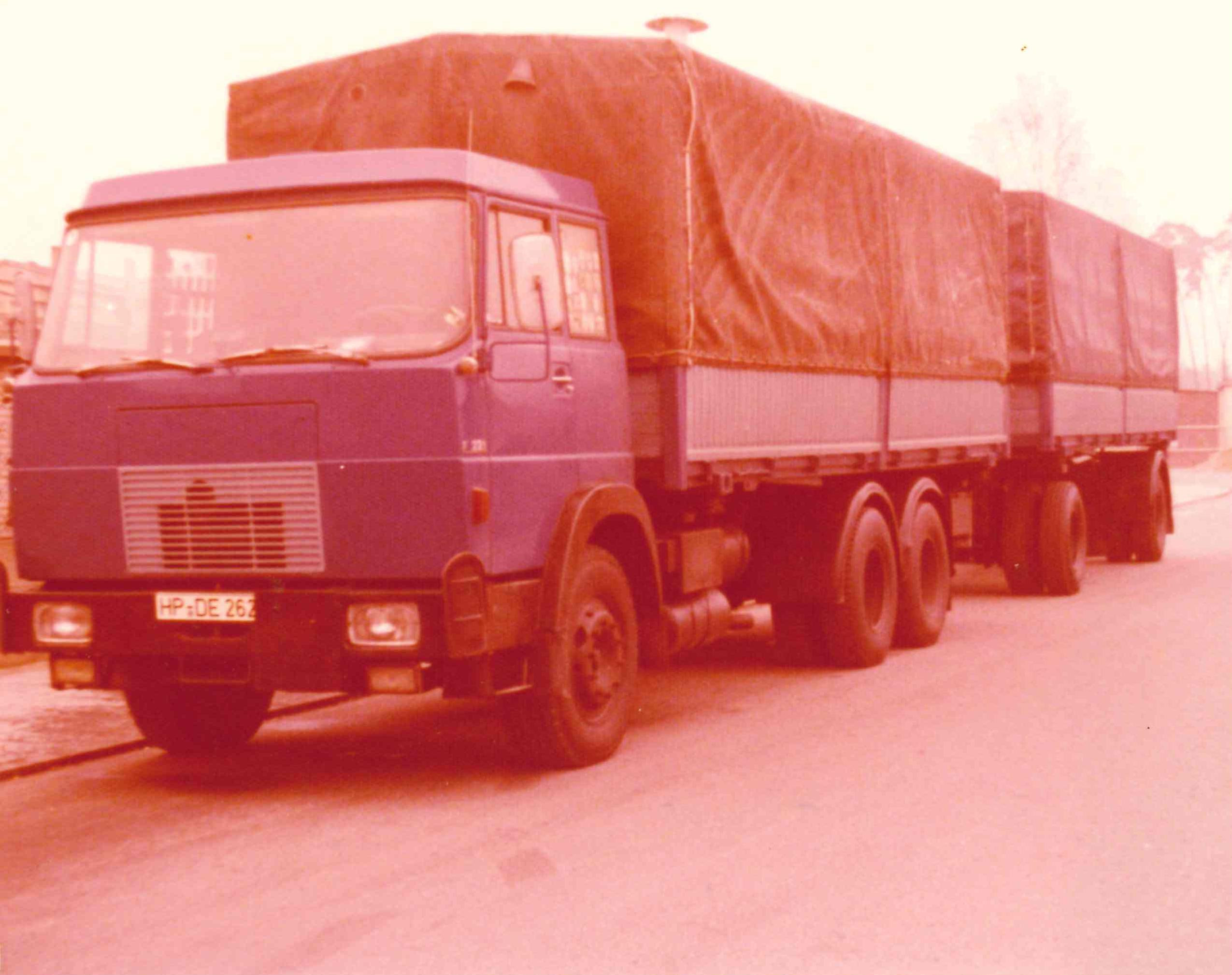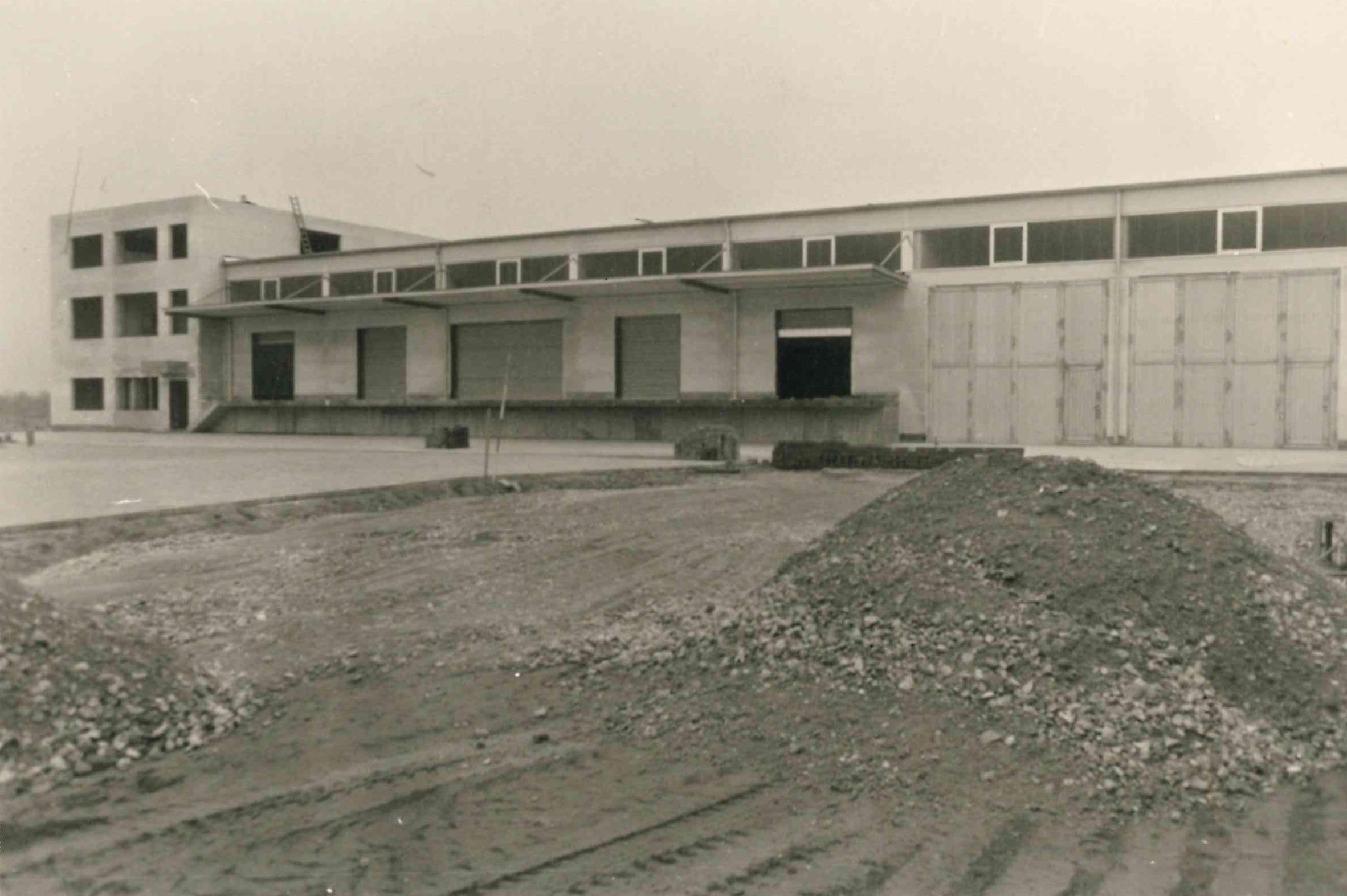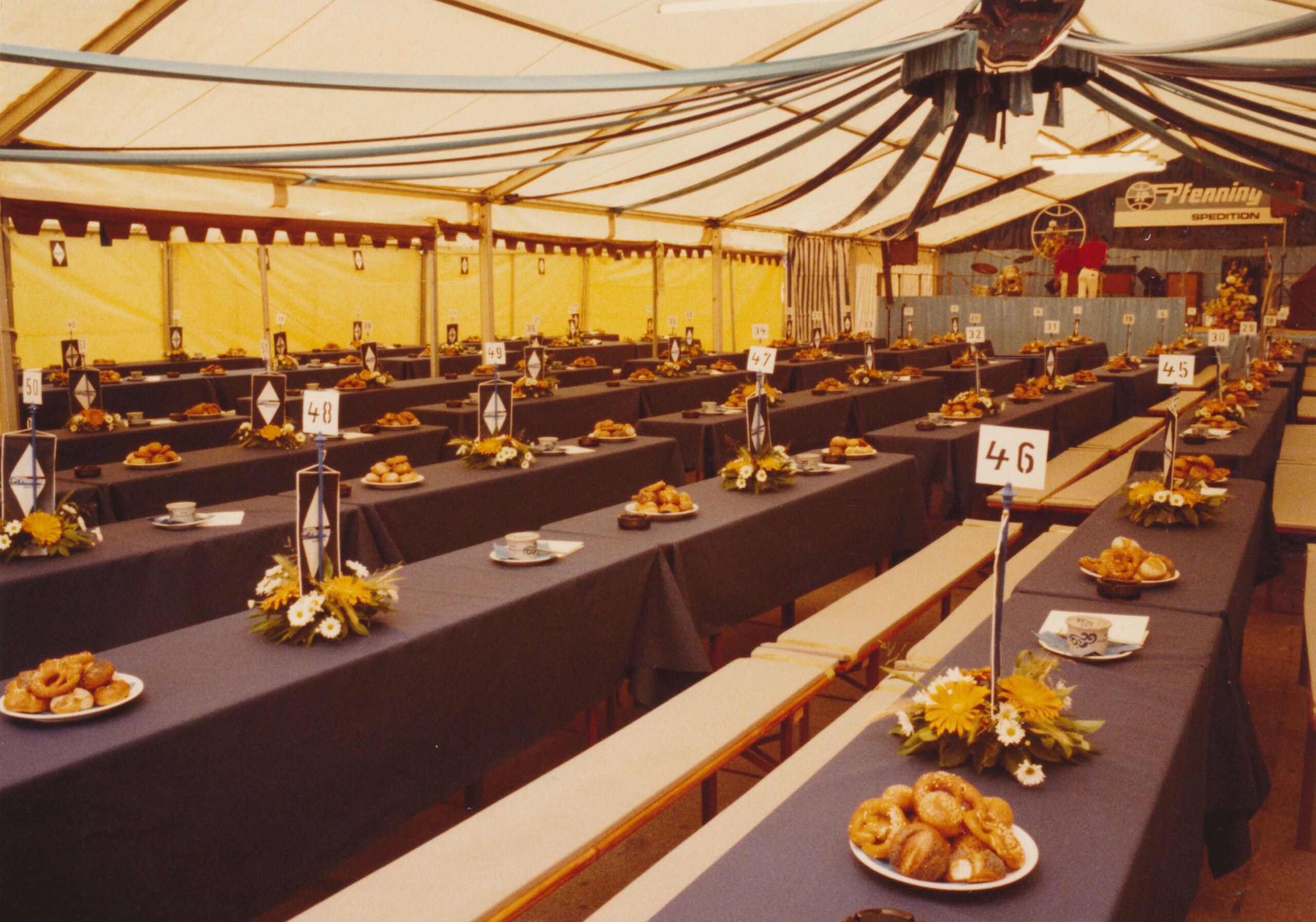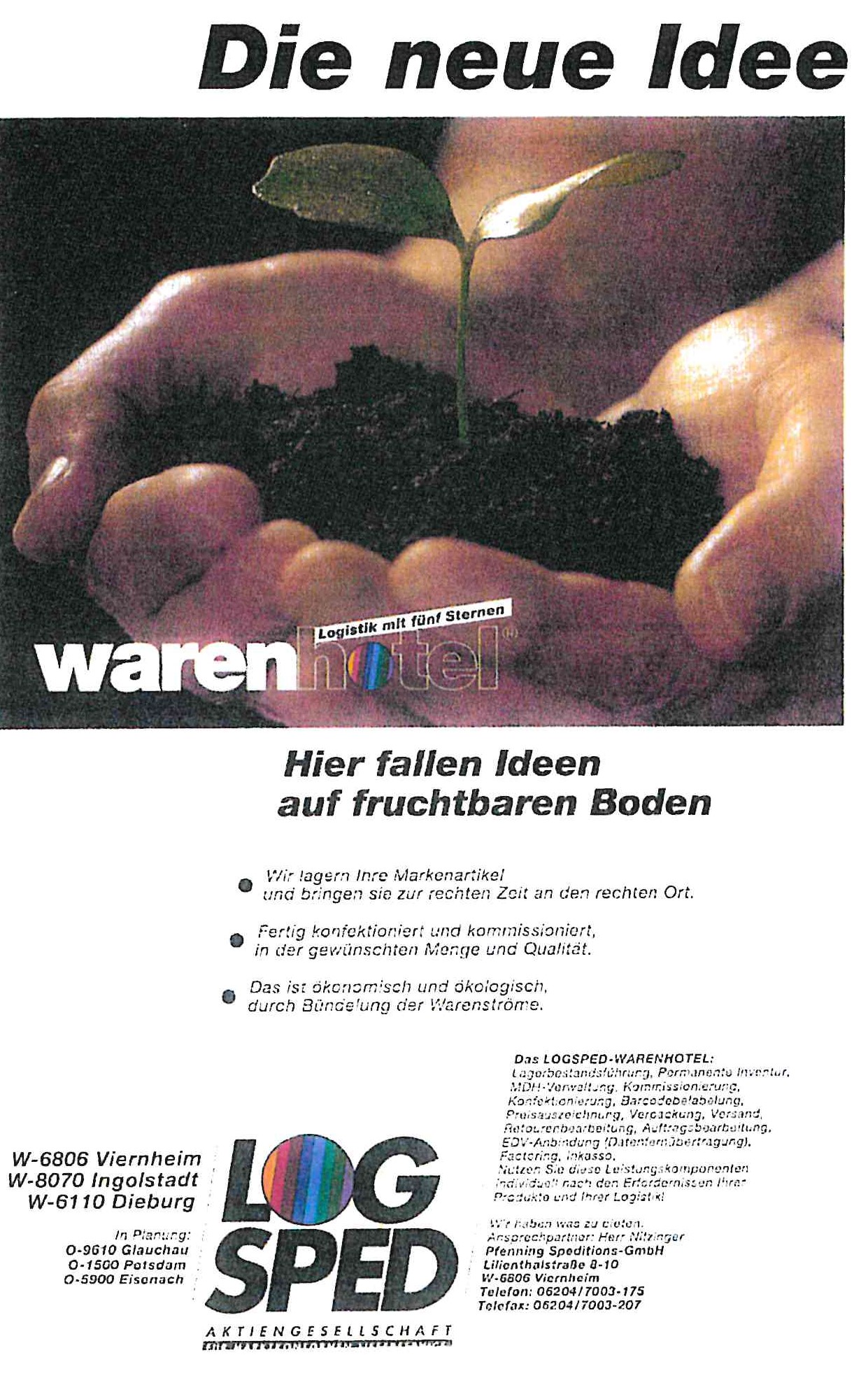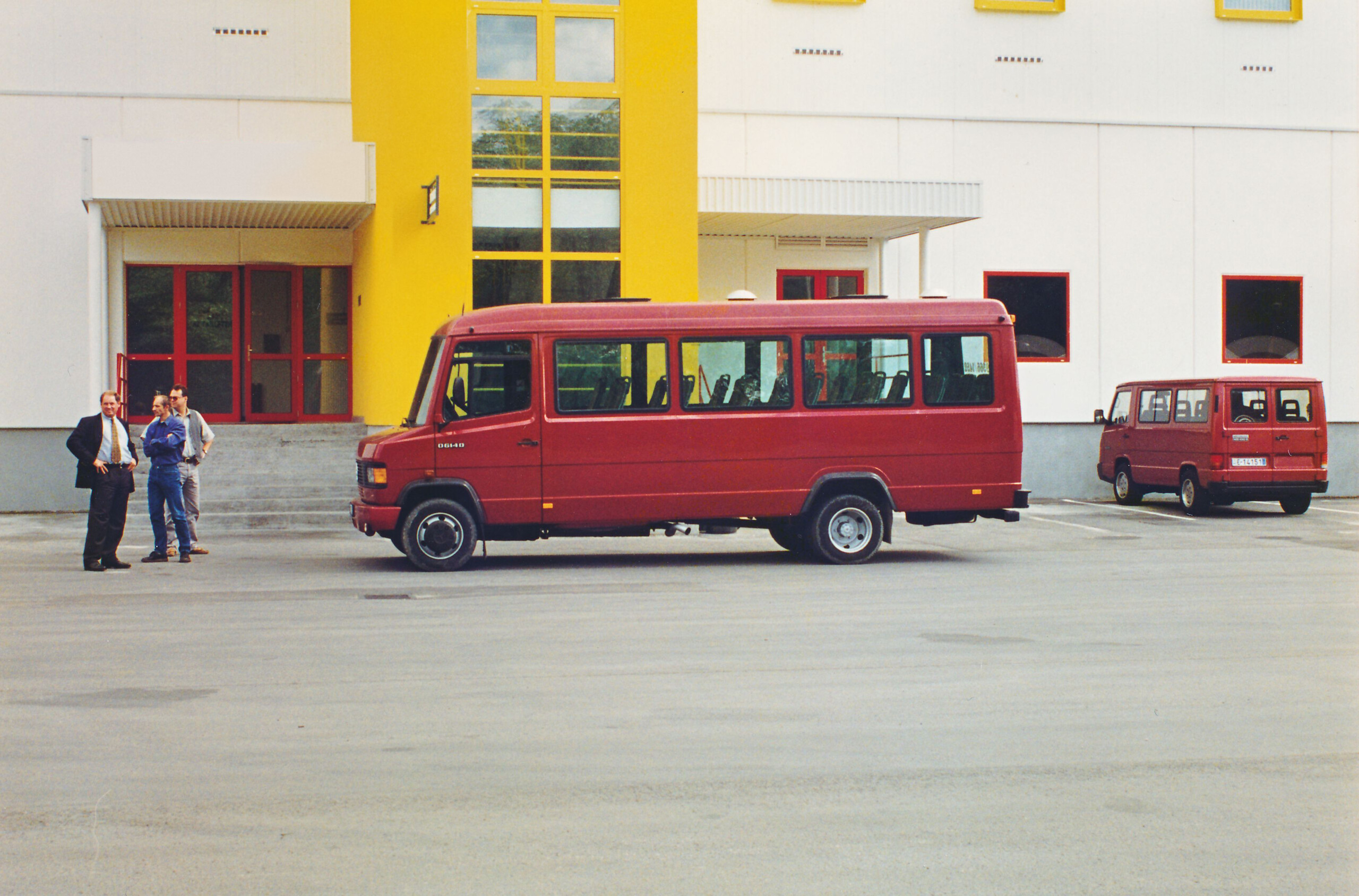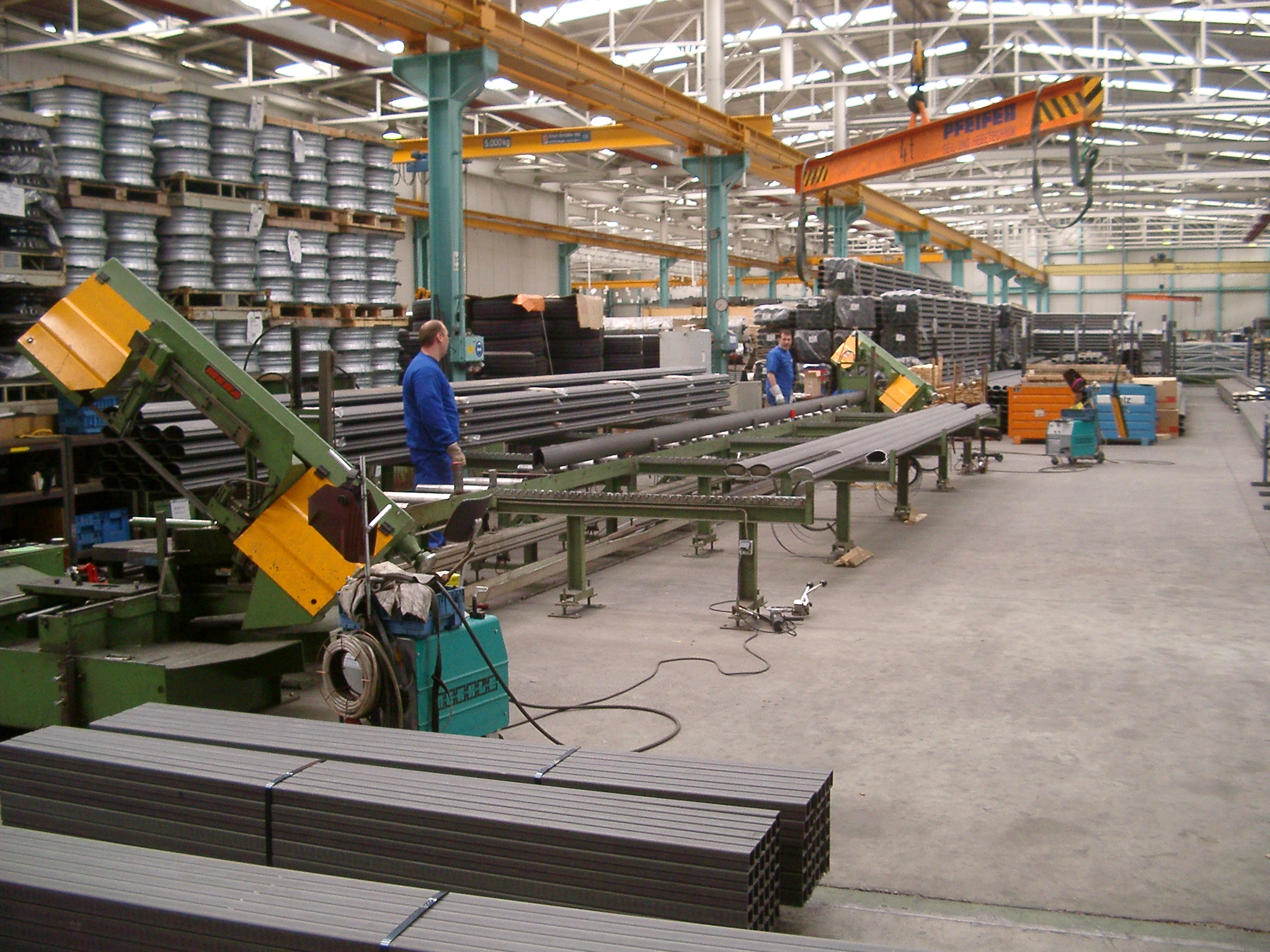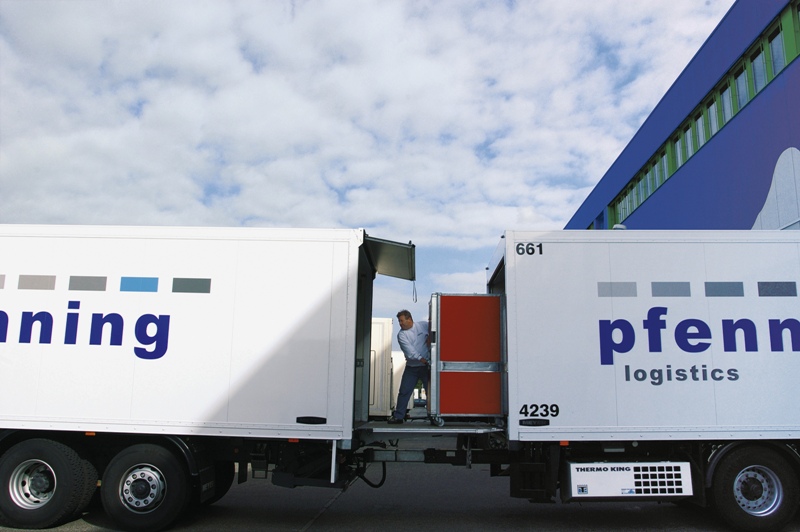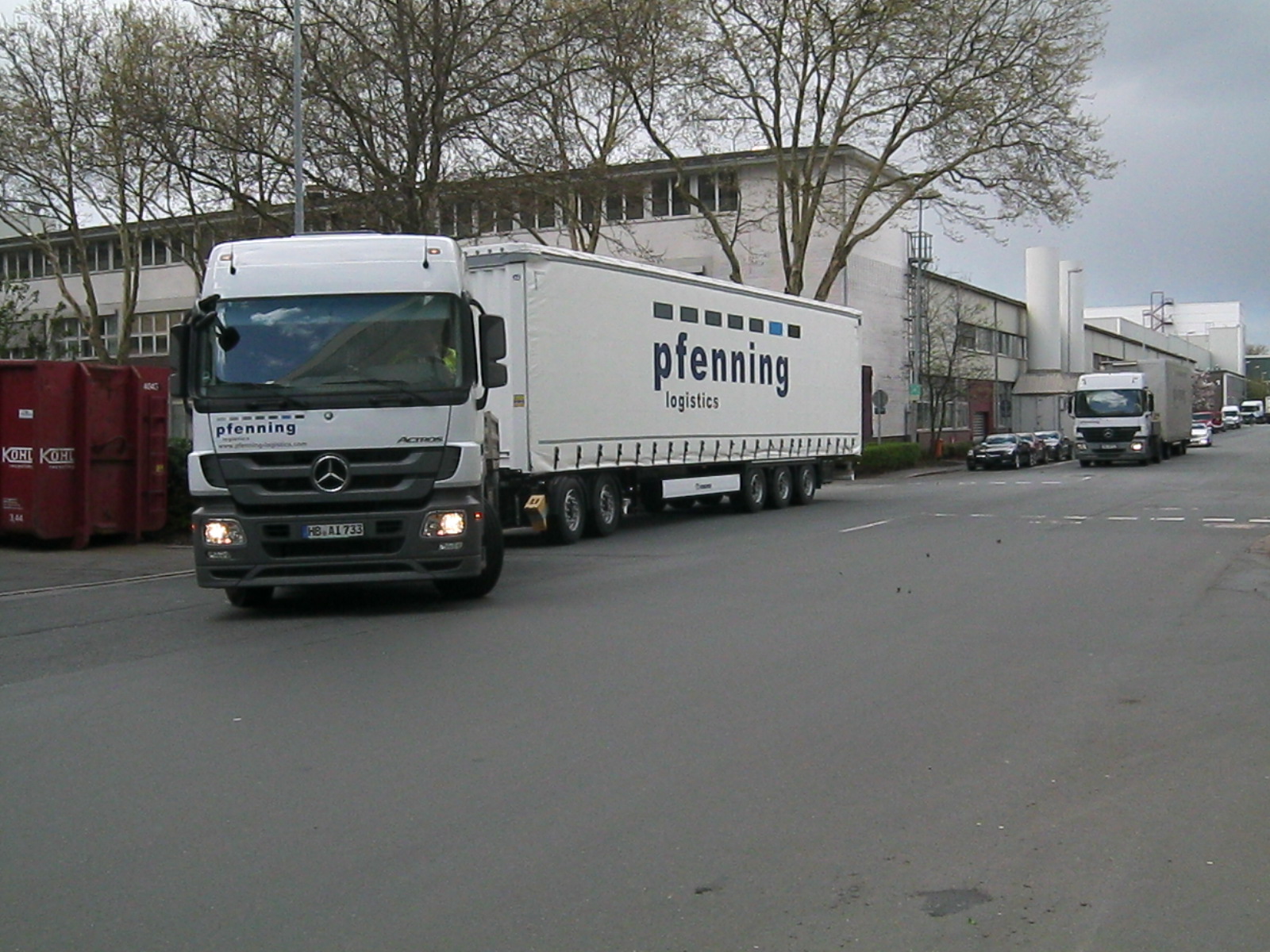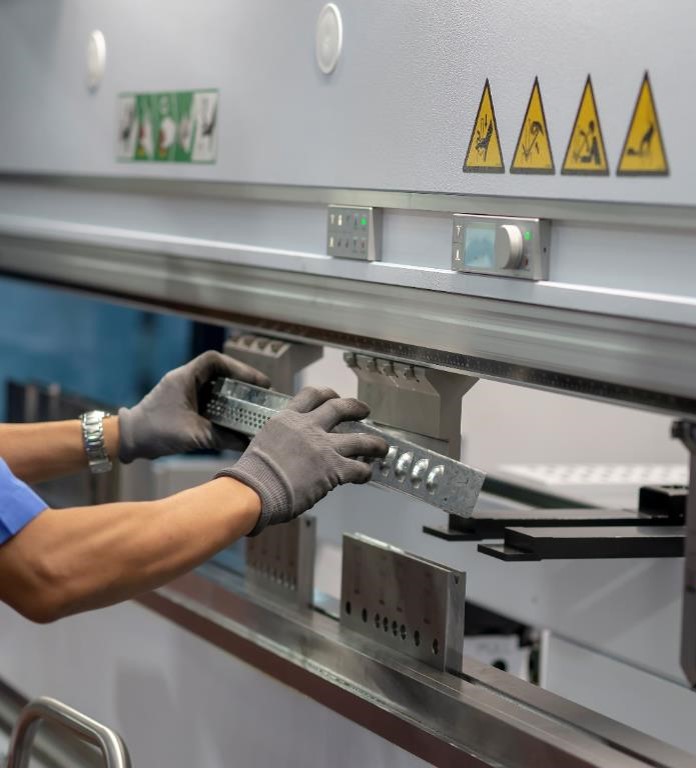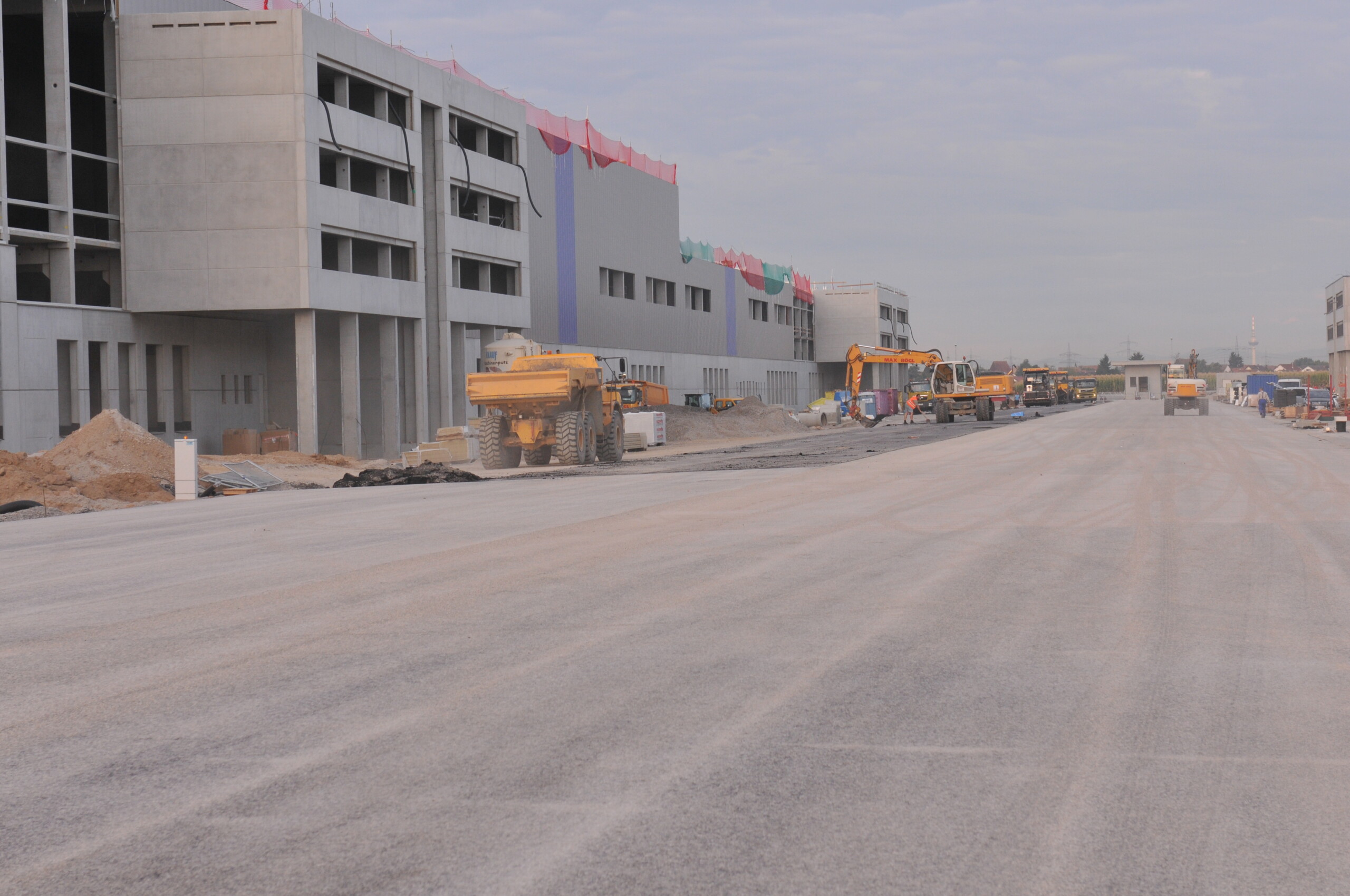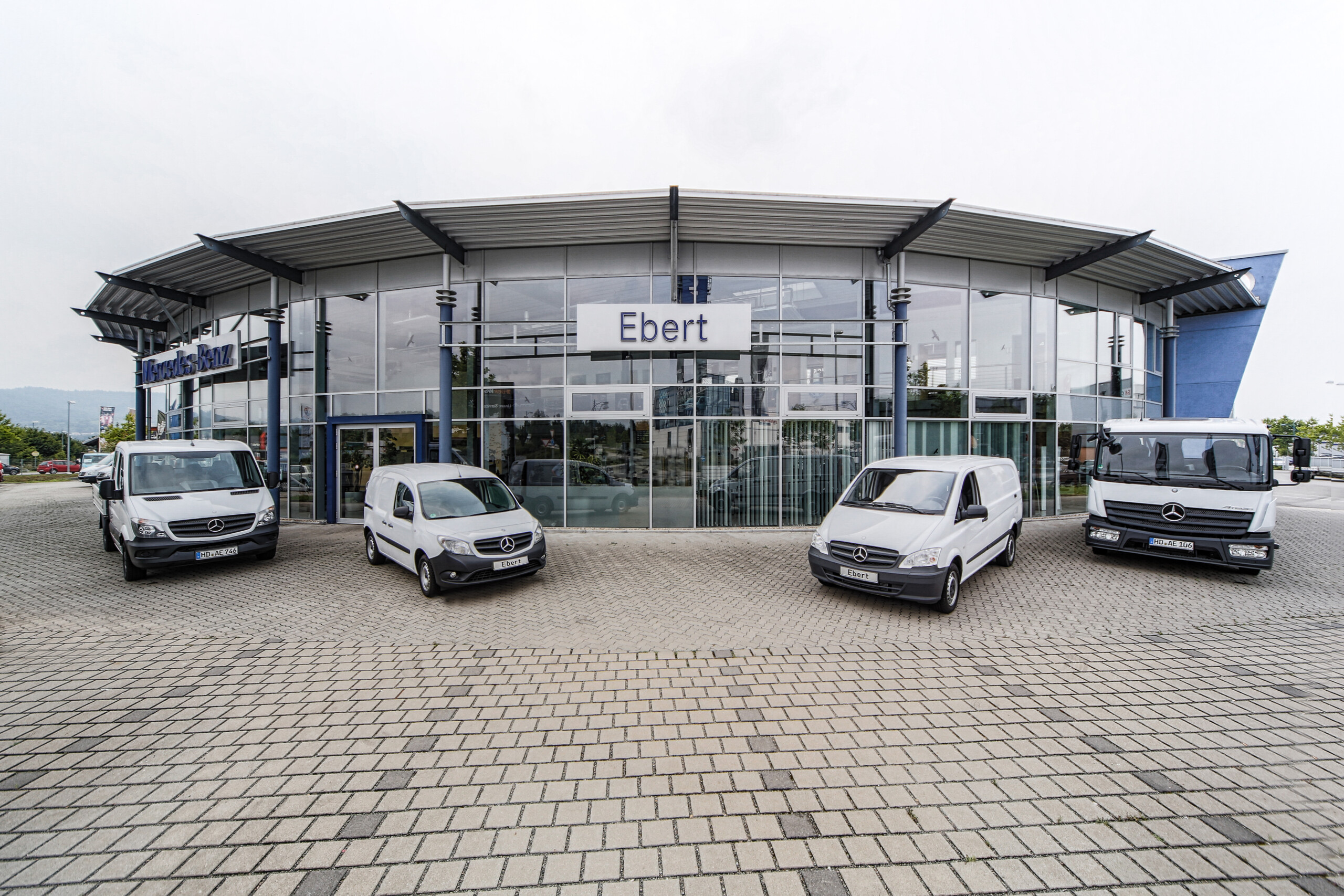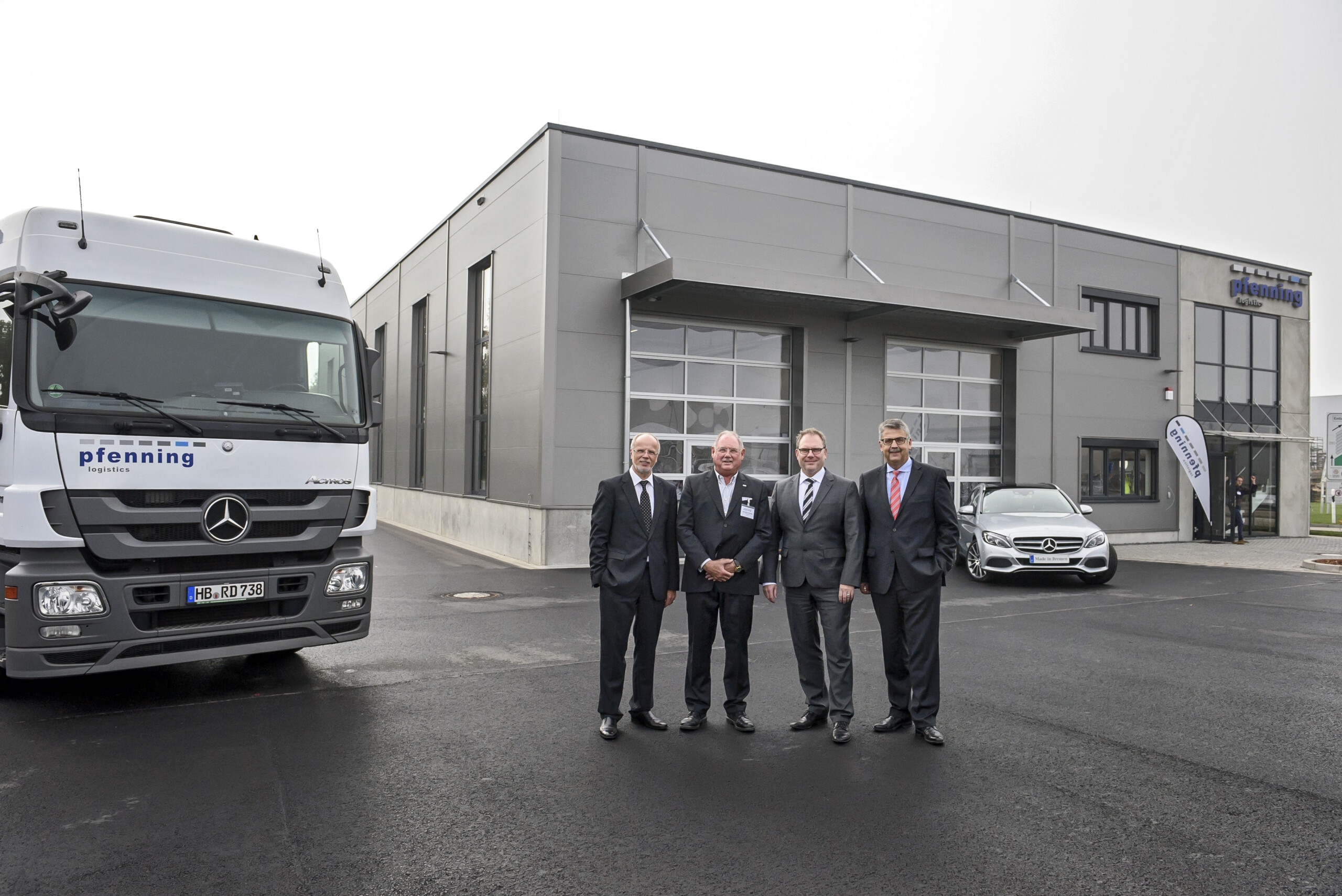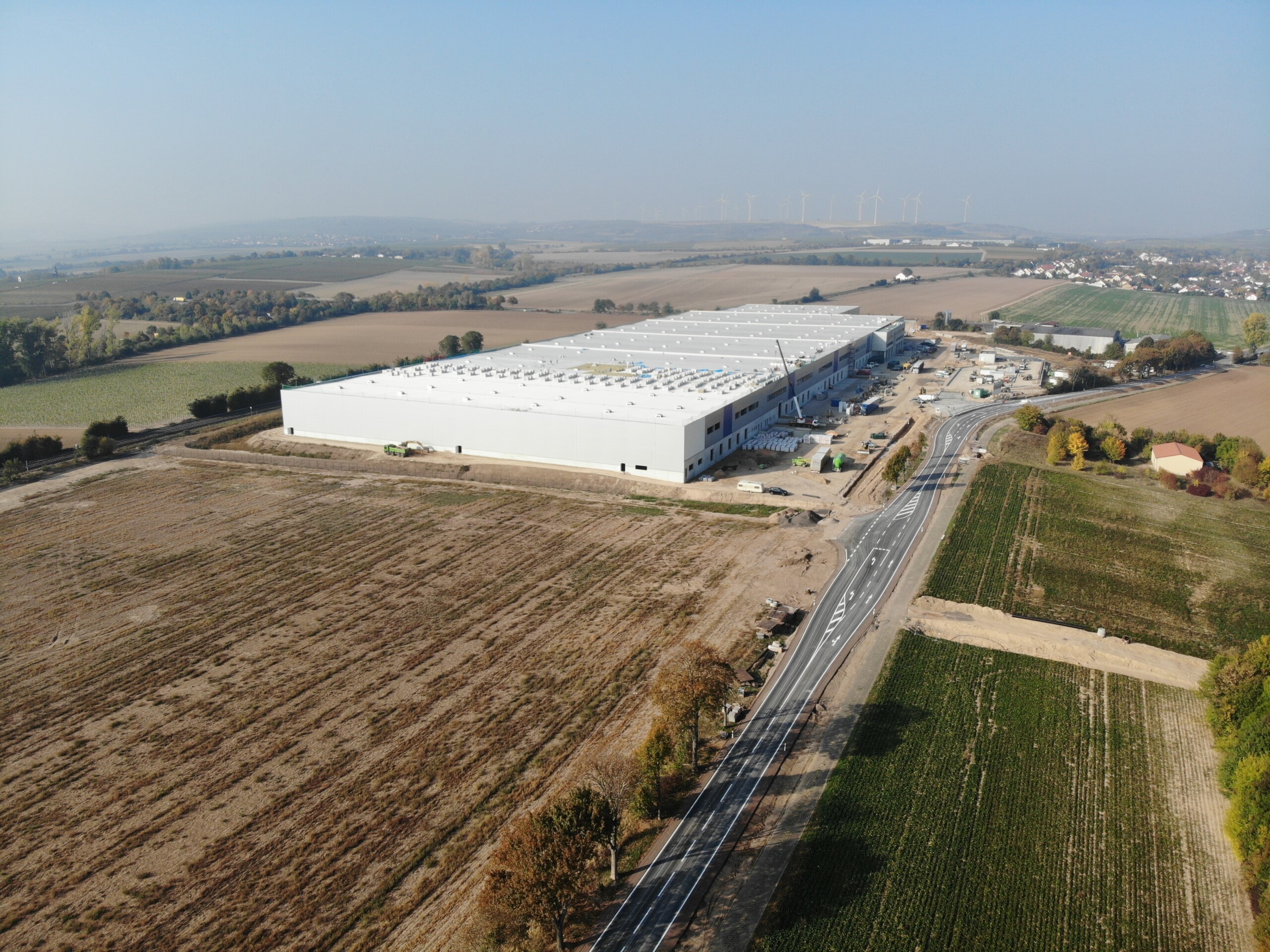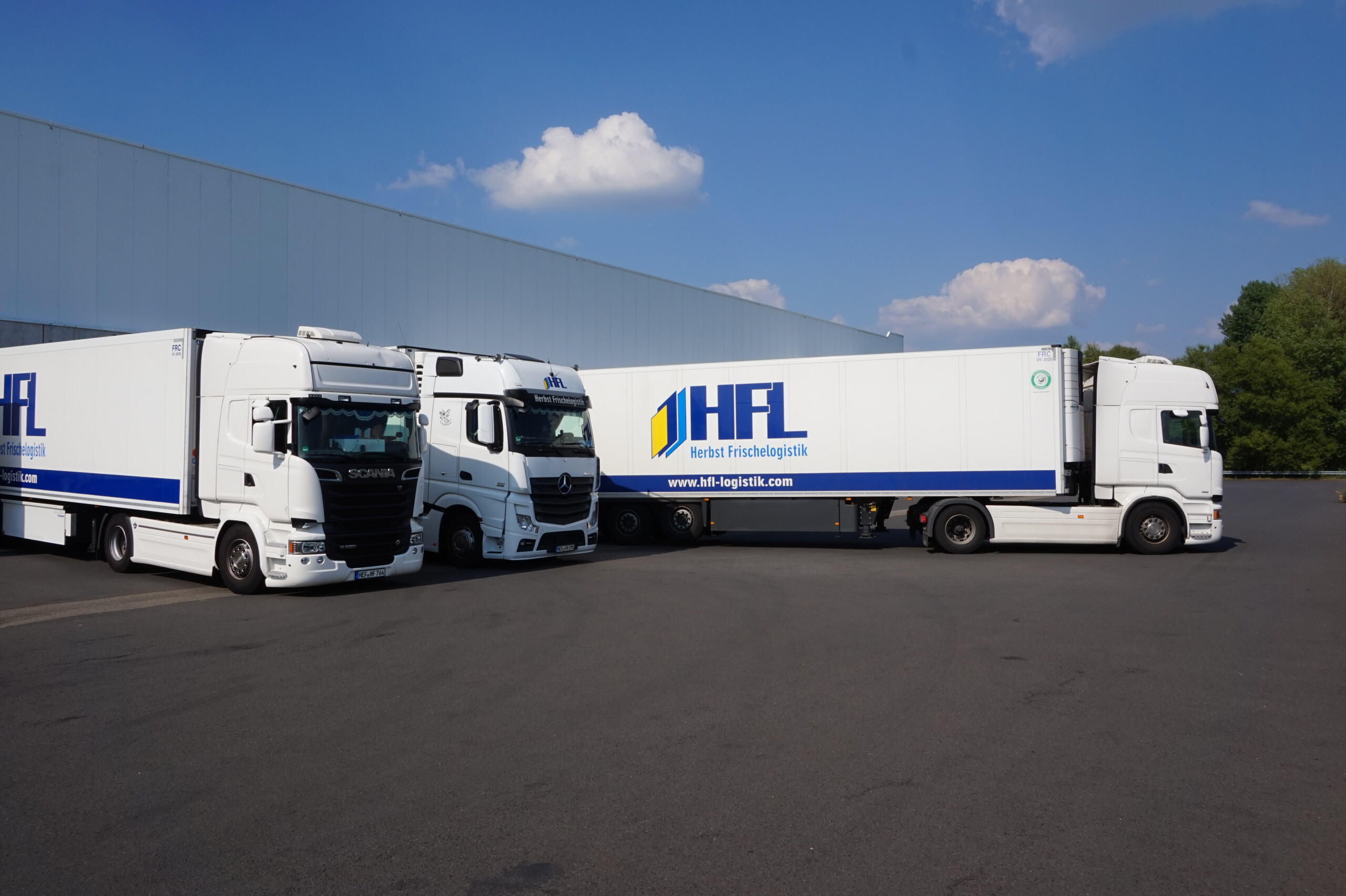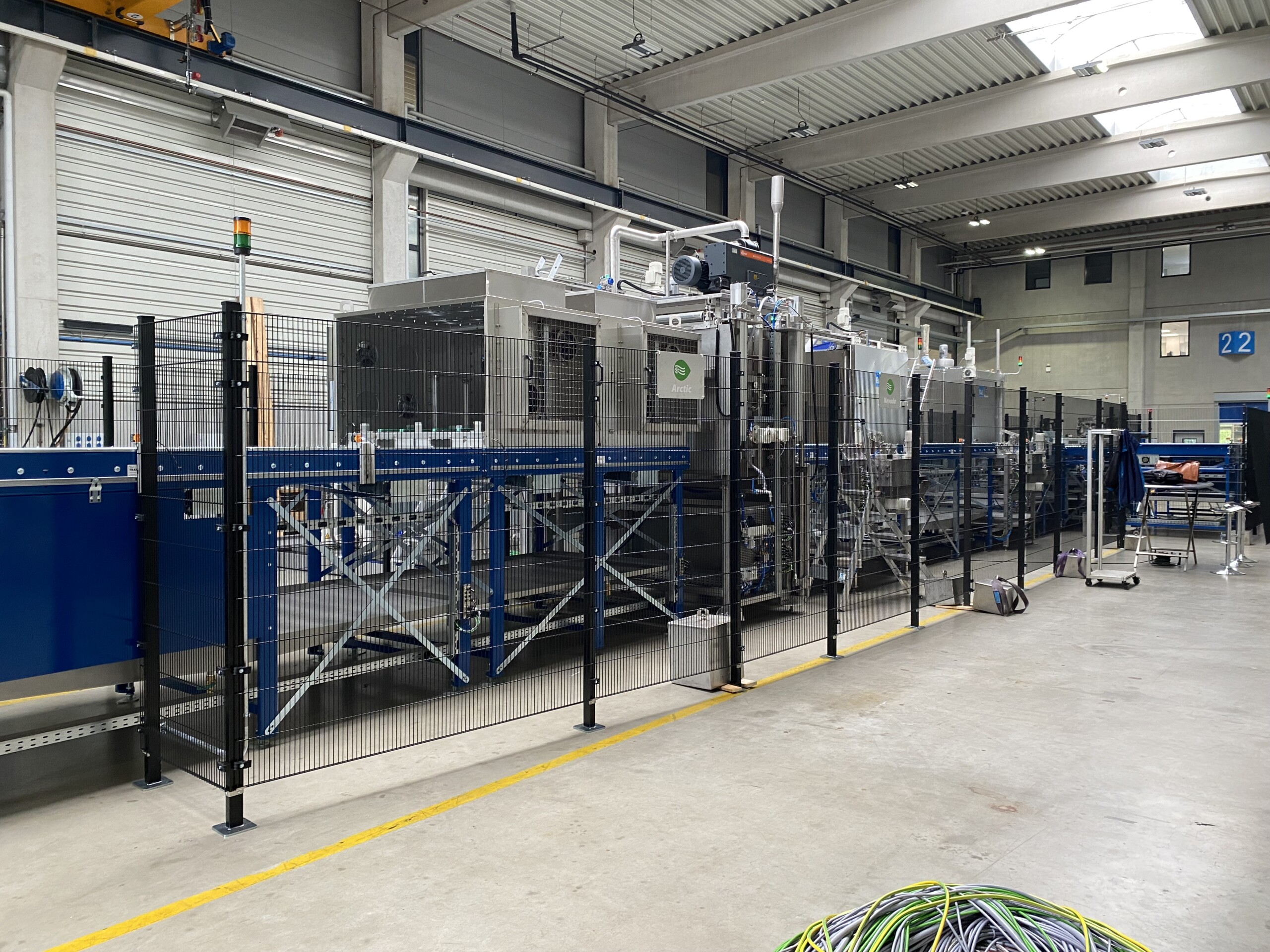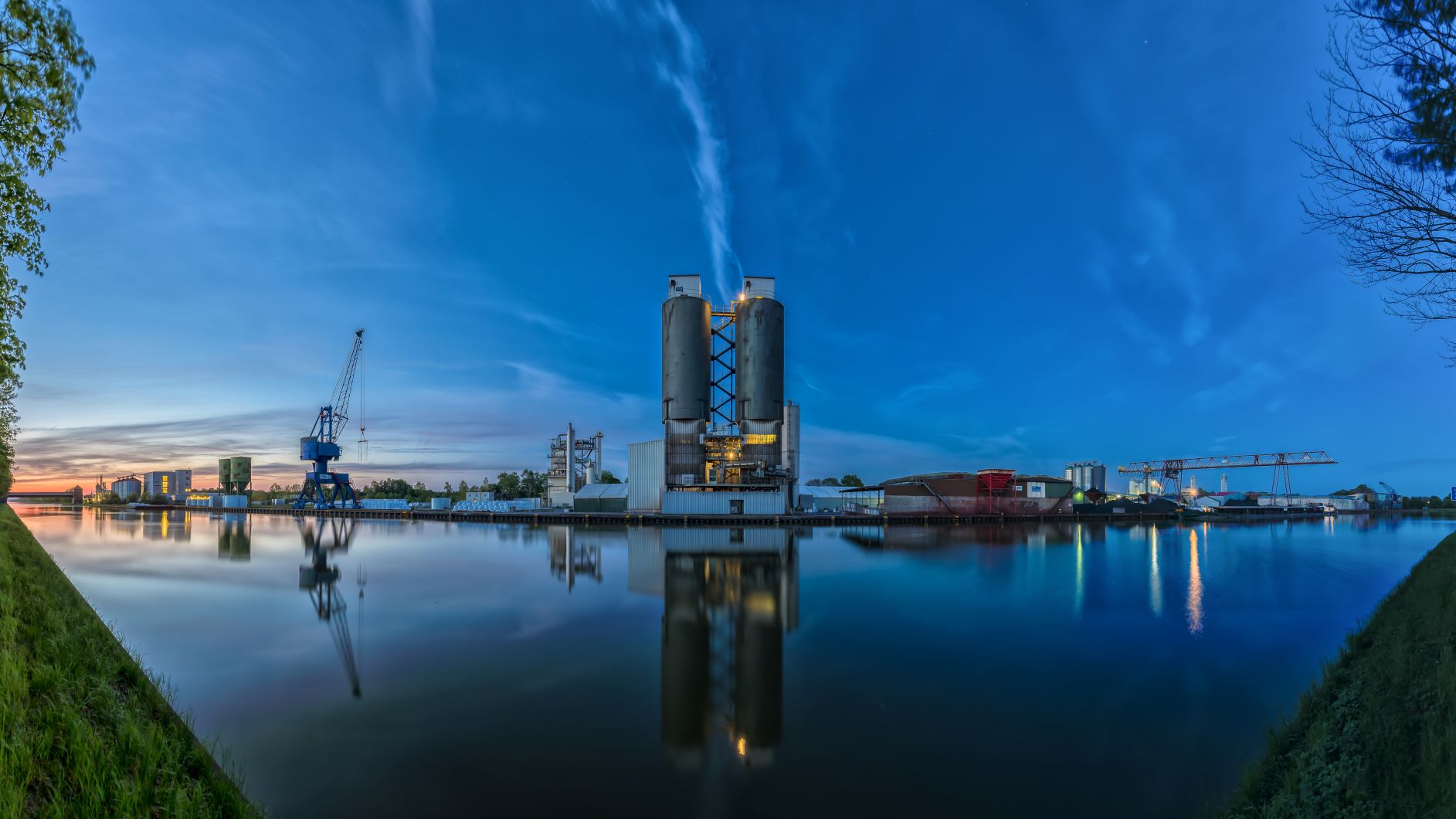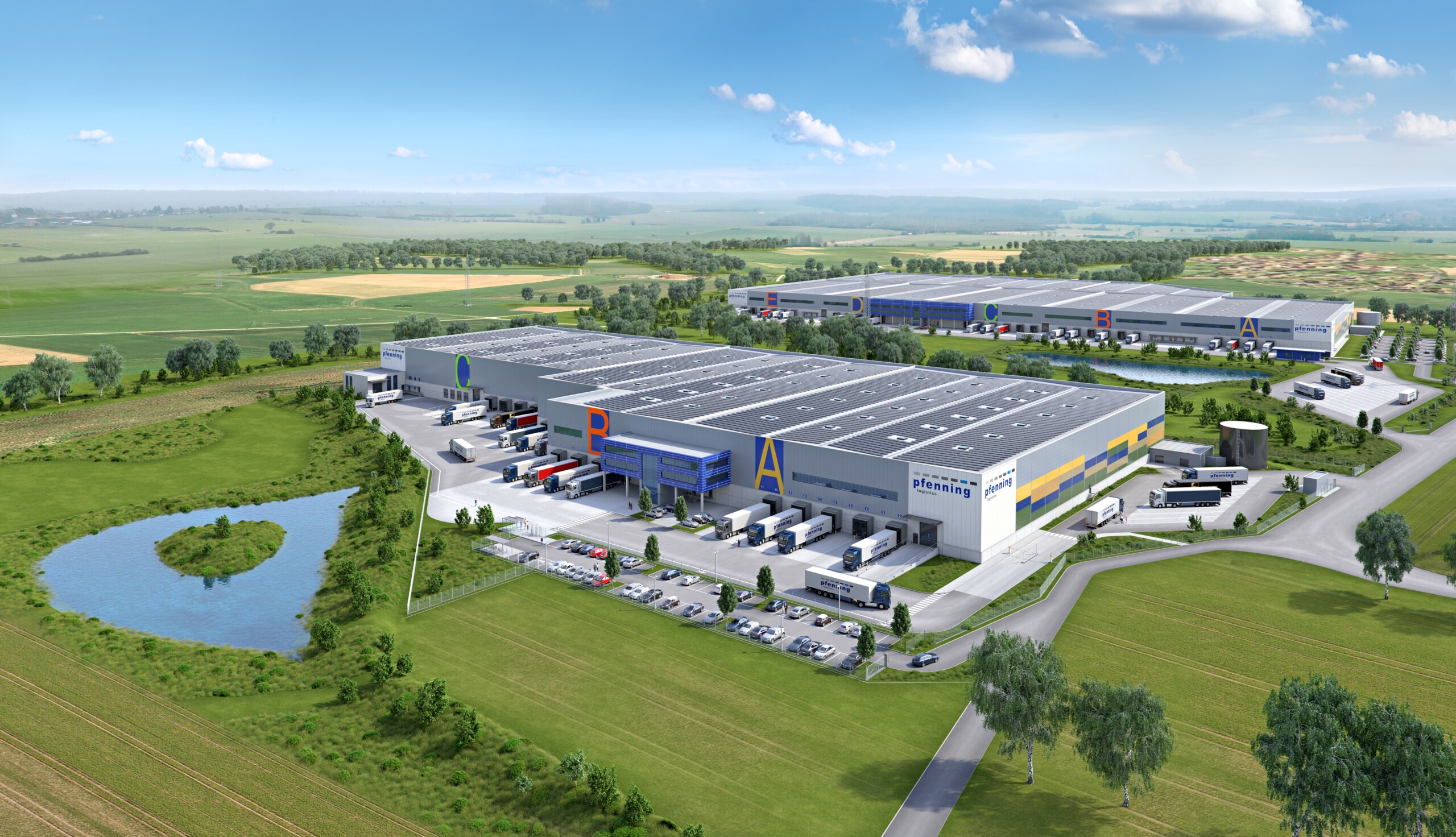Milestones in our history
125 years of change
The roots of the pfenning group go back to the year 1899. The founder Martin Faber, initially known as a bricklayer, registered as a milk trader on September 16, 1899. In the years that followed, he expanded the business and repeatedly appeared in the trade register with registrations and deregistrations. His daughter, Elisabeth Pfenning (born Faber), was the first woman in Viernheim to obtain a truck driver’s license in her 20s so that she could be a passionate truck driver. This laid the foundations for her to join her father’s company. Her husband Johann Pfenning supported her and founded the haulage company of the same name in 1949.
It was the beginning of a family business that experienced enormous growth with Karl-Martin Pfenning, son of Johann and Elisabeth Pfenning, in the third generation. In 1975, at the age of just 25, Karl-Martin Pfenning joined his parents’ company after studying business administration. He industrializes transport, builds a large fleet of trucks and sends the fleet all over Germany. Pfenning is a founding member of the medium-sized cooperative LOGSped and becomes its Managing Director, CEO and Chairman of the Supervisory Board within 15 years. Five years later, in 1980, he made the leap into the new business field of contract logistics. This made Pfenning one of the first contract logistics companies in Germany to be certified according to the ISO standard in 1993. In 1996, when he withdrew from the LogSped group, Karl-Martin Pfenning decided to go completely independent. In 2009, he set the course for another major step in the company’s history: the pfenning Group’s logistics center was planned long in advance, but built in a record time of just 12 months. It has been standing on a 20-hectare site since 2012. The multicube rhein-neckar is the most modern and sustainable new industrial building in Europe. This marks the start of the nationwide and cross-border expansion of the multicube logistics centers.
Since then, the pfenning group has undergone enormous growth and is now a full-service provider of supply chain solutions.
125 years of change form the foundation for this success story.
Interviews with Contemporary Witnesses of the pfenning group
In the course of the 125-year history of the pfenning group, there have been numerous companions who have made a decisive contribution to the company’s continued existence and current success. In the course of reviewing the company’s own history, exciting and entertaining interviews were conducted with contemporary witnesses who describe their impressions of special events in the past. Passages from the interviews have been specially selected for the relevant sections of our anniversary book, which you will soon be able to read here.
Enjoy watching and reminiscing together!
